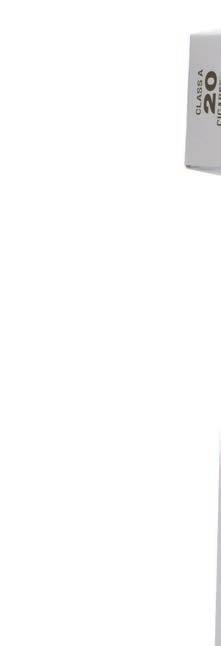
1 minute read
Teachers often spend own money on classroom supplies
State may pay them back
BY ERICA BREUNLIN THE COLORADO SUN
Everywhere you look in Lucy Squire’s classroom, you can spy the teacher’s touch.
Strands of lights carefully strung across the ceiling cast the room in a calming glow. Curtains fashioned from greenish blue bed sheets soften sunlight pouring in through the windows. Shelves of books sit organized in the back corner.
Squire, a third-grade teacher at Copper Mesa Elementary School in Highlands Ranch, purchased the lights, makeshift drapes and many of the books that help make her classroom what she calls “our home away from home for our kids.”
She also bought many of the basics that make it a classroom in the rst place — dry-erase markers, bulletin boards, a stool where she can sit while teaching at her whiteboard, a dark pink director’s chair that has lasted almost all her 18 years of reading aloud to students and bookcases that hold the hundreds of books in her class library.
“It seems like the expectation is just that we spend our money for whatever we need,” said Squire, who earlier in her career would drop more than $500 on her classroom and has tried to scale back her personal spending to less than $200 per school year. “I try to just keep it to the basics of what I need and just whatever I need throughout the years, it comes up.” e bill could lower state revenues by an estimated maximum of $50 million each year if all 50,000 eligible teachers apply for and get the $1,000 credit. e credit is refundable, meaning that if the amount of the credit is larger than what a teacher owes in taxes, they would receive a check for the di erence. e measure won’t solve low teacher pay, lawmakers acknowledge, but it’s a step that inches them toward better compensation.


A bipartisan group of lawmakers wants to ease that nancial burden with legislation that would provide an income tax credit to public school educators aimed at reimbursing them for classroom supplies, costs tied to professional development, continuing education, extra educational materials and eld trips.
House Bill 1208 would grant a $1,000 income tax credit to educators who teach an entire school year and a $500 credit to teachers in the classroom for half a year. e credit would be available in 2023, 2024, 2025 and 2026 and could bene t nearly 50,000 licensed public school teachers per year, including educators at charter schools, according to state Rep. Bob Marshall, a Highlands Ranch Democrat and a lead sponsor of the bill.
“It’s not a home run in the game,” Marshall said. “It’s a nice base hit … a nice hit for a win to get on the base. A thousand bucks in every









